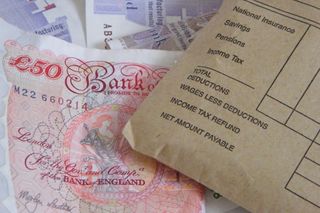Digital Britain: Operators to charge ‘broadband tax’
Market led investment won’t provide next-generation broadband services to everyone, so users will be taxed to make up the shortfall.

The government will charge a broadband tax' from 2010 to subsidise a next-generation broadband network, which should deliver at least 90 per cent coverage by 2017.
The final Digital Britain report, published yesterday, said that operators will charge 50p per month on fixed lines, which should raise 170 million to 175 million a year for a Next Generation Fund'.
The report concluded that competitive, market-led investment in fibre from companies like BT and Virgin Media would be able to provide up to a third of the country with next-generation broadband.
However, general industry consensus said that there would be up to a third of the country, both in homes and small-to-medium-sized businesses, that would not be served by the fixed telecoms market.
The report also said that next-generation mobile services would play an important role in developing an alternative means of connectivity, but that the investment needed to support mobile next-generation' bandwidths to a third of the country would be uneconomical.
The government excused the tax by saying that telecoms prices had fallen significantly and steadily in real terms over many years, compared to other utilities and media services. It said on a wholesale level, the UK had the second cheapest prices in Europe for broadband only DSL.
However, the Internet Service Provider's Association (ISPA) was critical, saying in a statement: "In effect, customers and the ISP industry are being penalised for successfully bringing prices down."
Get the ITPro. daily newsletter
Receive our latest news, industry updates, featured resources and more. Sign up today to receive our FREE report on AI cyber crime & security - newly updated for 2024.
The government also reiterated its Universal Service Commitment to bring 2Mbps minimum broadband connections to every line in Britain.
It said that 11 per cent of all lines were currently unable to offer it. The government added that public funding would be used as it wanted "virtually everyone to experience the benefits of broadband, including the increasing delivery of public services online."




